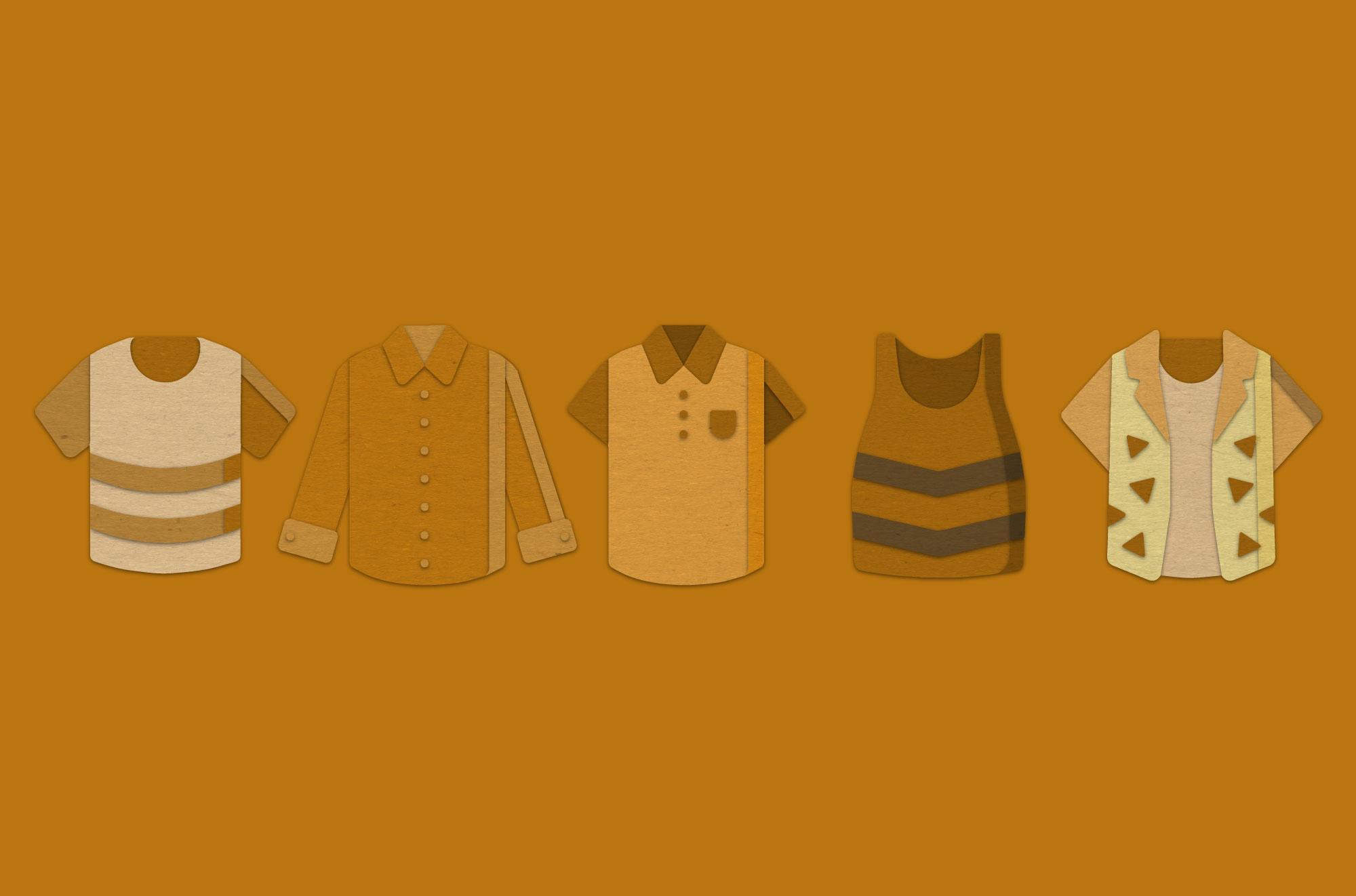Indigenous Peoples’ Day is not only a day to celebrate the invaluable contributions and resilience of Indigenous Peoples, but also a day to recognize the impact of colonialism on Native communities and counter the historic erasure of Indigenous Peoples.
Kiyanna Porter, the ‘22-’23 American Indian Woman Scholar (AIWS) at the U, used her platform this year to highlight The National Day of Remembrance, led by the National Native American Boarding School Healing Coalition. The day honors boarding school survivors and those who never made it home. Kiyanna took the lead in elevating awareness of boarding school and residential survivors by organizing an Orange Shirt Day on September 30th.
The Orange Shirt Day movement began in May 2013, envisioned by Esketemc Chief Fred Robbins, a survivor of the St. Joseph Mission Residential school. The movement began with First Nations communities in Canada and quickly gained momentum, recognizing American Indian and Alaska Native boarding school survivors in the United States, and advancing reconciliation efforts.
Inter-Tribal Student Association (ITSA) President, Leo Almero says, “many of our students have had family members who were forcibly placed in boarding schools—including my own.” Kyri Duncan, the ITSA and Native/Indigenous Student Engagement Advisor in CESB, encourages students to continue spreading awareness about these issues. He says that boarding schools have impacted his own family, too. “My great-grandmother was taken from her home in Utah and sent to the residential school in Chemawa, Oregon. She told my mother stories about how they were put in box-car trains, which had little room to sit. She did escape once, but when she arrived home the authorities were already there waiting for her.” These experiences continue to affect Indigenous families and communities for many years afterwards and can result in generational trauma. “I am very fortunate that my relatives made it back and continued to hold onto their teachings.”
“The idea [for Orange Shirt Day] was drawn from what the Inter-Tribal Student Association did in the past with Missing, Murdered Indigenous Women, Girls, and Two-Spirit people (MMIWG2S),” Kiyanna explains. She says that this work is so important “because in the U.S. and even in Canada we rarely ever talk about Indigenous issues, and it has come to the point where we are largely forgotten.” She insists her goal is to make people aware of these issues “so they don’t forget them when they attend or support a school bearing the motto: home of the Utes.”
Program Coordinator Hailee Roberts has led efforts to support and guide students like Kiyanna in the American Indian Woman Scholar (AIWS) program. The AIWS is a selective program in the American Indian Resource Center (AIRC) that involves an application-and-competition-based process, selecting one University of Utah student annually to act as ambassador. The chosen individual serves as a representative for Indigenous students and is dedicated to building stronger connections with the student body as well as promoting leadership, cultural awareness, and student engagement in higher education. Hailee explains, “as program coordinator, my purpose is to support the current U of U scholar achieve their future personal and scholastic goals, bridge connections to the campus and community, and bring recognition to the U of U scholar’s achievements and goals.”
The AIRC team includes Program Manager Tashina Barber and Director Samantha Eldridge, who both work toward encouraging students to engage in topics, issues, and celebrations that bring awareness and visibility to the Indigenous/Native American community. To learn more about the AIWS program, please contact Hailee Roberts at hailee.roberts@utah.edu or visit the AIRC website here.
American Indian Resource Center Experiences Identity

